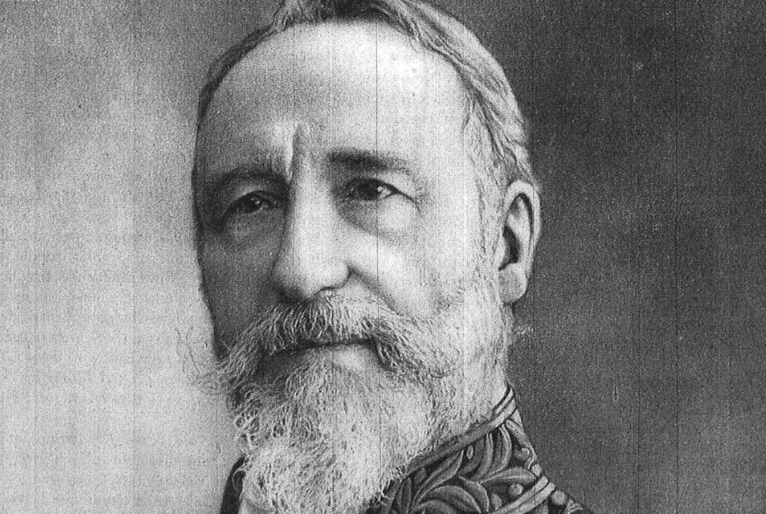Théodore Dubois, a luminary of the French musical scene in the 19th century, orchestrated his life with the same finesse and creativity with which he composed his music. Born on August 24, 1837, in Rosnay, France, Dubois exhibited a profound affinity for music from a tender age.
Dubois’s journey into the world of music began with humble yet determined steps. Recognizing his prodigious talent, his family arranged for him to receive formal musical education at the Paris Conservatoire. Under the tutelage of prominent composers such as Ambroise Thomas and François Bazin, Dubois honed his skills in composition, counterpoint, and harmony, laying the foundation for his future triumphs.
In 1861, Dubois clinched the prestigious Prix de Rome, a testament to his exceptional compositional prowess. This accolade granted him a scholarship to the Villa Medici in Rome, where he immersed himself in the rich tapestry of Italian musical heritage, drawing inspiration from the likes of Palestrina and Monteverdi.
Returning to Paris in 1867, Dubois embarked on a multifaceted career that would cement his status as a luminary in the realm of classical music. He secured a position as organist at the iconic Sainte-Clotilde church, succeeding his mentor, César Franck. This role not only showcased his virtuosity on the organ but also provided a platform for the debut of his compositions, which garnered widespread acclaim for their harmonic complexity and melodic elegance.
Dubois’s oeuvre traverses a diverse array of musical forms, including symphonies, operas, oratorios, and chamber music. His compositional style, characterized by its lyricism and structural integrity, captivated audiences across Europe and beyond. Notable among his works are the opera “Aben Hamet,” the oratorio “The Seven Last Words of Christ,” and the Symphony in F.
In addition to his prolific output as a composer, Dubois made significant contributions to music education and academia. He served as director of the Paris Conservatoire from 1896 to 1905, where he implemented progressive reforms aimed at nurturing the next generation of musical talent. His pedagogical legacy endures through his treatises on harmony and counterpoint, which remain indispensable resources for aspiring composers.
Throughout his illustrious career, Dubois garnered numerous accolades and honors, including being appointed to the Legion of Honour in 1892 and elected to the Académie des Beaux-Arts in 1894. His unwavering dedication to his craft and his tireless pursuit of musical excellence continue to inspire musicians and audiences alike, ensuring that his melodic legacy resonates through the corridors of time. Théodore Dubois passed away on June 11, 1924, leaving behind a symphony of timeless compositions that continue to enchant and enrapture listeners to this day.


Comments are closed